Tag Archive for: James Dillon
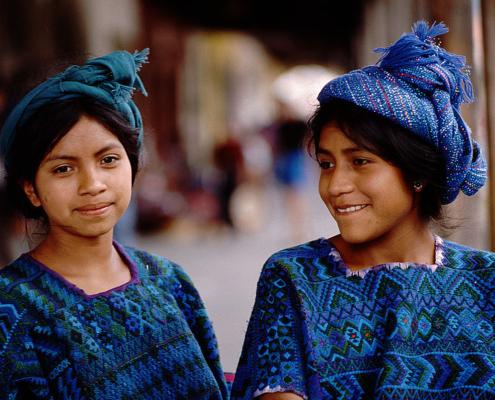 Ethical Fashion Guatemala
Ethical Fashion GuatemalaGuatemala Maya Medicine | Healing | Sanctuaries
/
0 Comments
Guatemala Maya Medicine. Healing retreats have come to be known not only in Guatemala but also internationally. Mayan Healers do not offer activities for tourists seeking a day activity. One must prepare for the activities and have a reason.
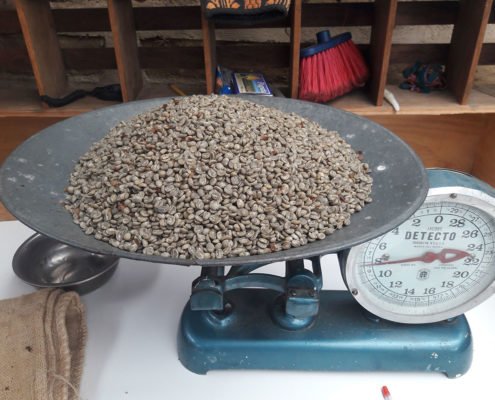
Exporting Guatemala Green Coffee Beans Changed in 2024
Guatemala Green Coffee Bean Exporting Changed in 2021. Guatemala Green and Roasted Coffee Beans for decades have been a process of Coffee Shops and Roasters in the United States obtaining coffee through Coffee Brokers, Fair Trade Orgs, Agents and Middlemen sold under contracts or spot pricing.
 Ethical Fashion Guatemala
Ethical Fashion GuatemalaGuatemalan Cacao
Guatemalan Cacao and Mayan Ceremonial Cacao have processed Cacao pods from one of three varieties grown in Guatemala. Cocoa beans of the Criollo variety are rarer and considered a delicacy and the variety mostly used in the preparation of Mayan Ceremonial Cacao.
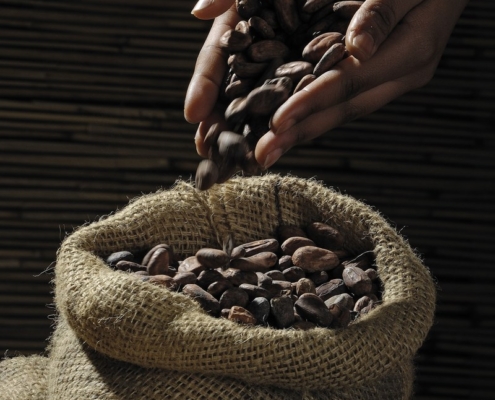 Ethical Fashion Guatemala
Ethical Fashion GuatemalaMayan Cacao Ceremony
Guatemala Modern Adaptations of Authentic Mayan Cacao Ceremony is a sacred and spiritual ritual that honors the ancient traditions and connection to the Mayan culture. Cacao
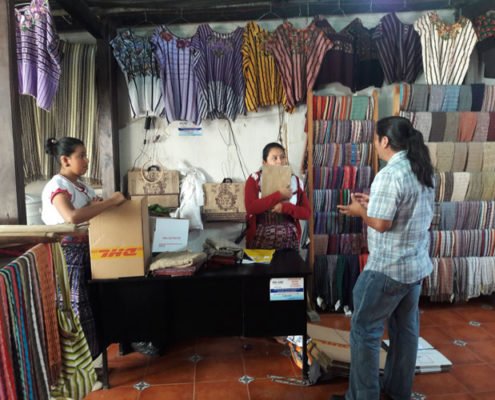 Ethical Fashion Guatemala
Ethical Fashion GuatemalaEthical Fashion Guatemala Provides Access to Global Markets
Ethical Fashion Guatemala (EFG) developed Express Shipping Services for the 600,000 Mayan Artisan families living around Lake Atitlan. When the Guatemalan postal system collapsed in 2016, Weavers of the country’s $68 million handicraft export market seemed destined to economic ruin.
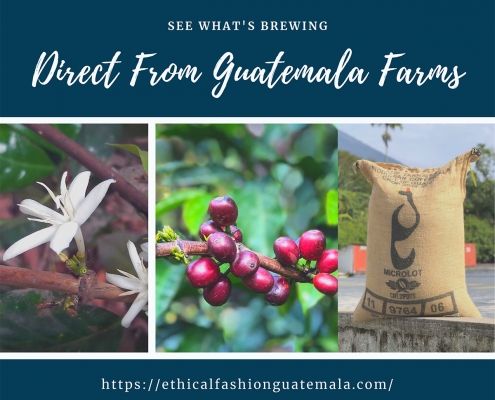 Ethical Fashion Guatemala
Ethical Fashion GuatemalaGuatemala Roasted Coffee
Guatemala Roasted Coffee Ethical Fashion Guatemala a Guatemala SA changed how small grocery chains purchase Guatemala Roasted Coffee the advantages of higher margins.
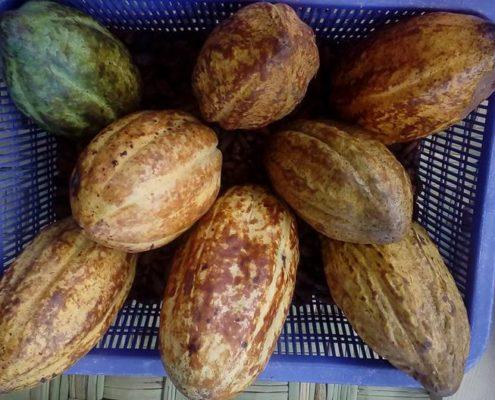 Ethical Fashion Guatemala
Ethical Fashion GuatemalaSan Marcos, What Happened?
San Marcos, like most Mayan settlements on Lake Atitlan, was practically unscathed by the impact of ExPats when I first arrived 17 years ago. Unfortunately, everything has changed in terms of what San Marcos is today.
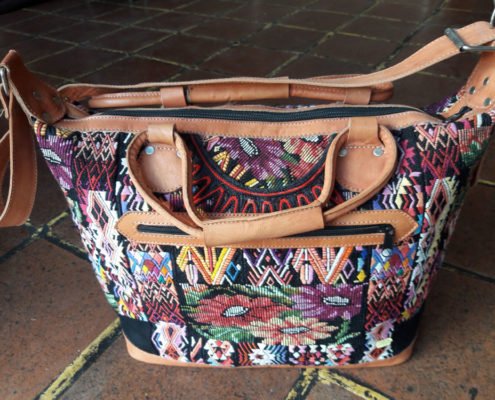 Ethical Fashion Guatemala
Ethical Fashion GuatemalaHandmade Guatemalan Leather Bags | Huipil Bags | Totes | Weekender Bag
Guatemalan Leather Bags | Huipil Bags | Totes | Weekender Bags on-line selling from $220 up to as high as $430 dollars. Pablo like most Guatemalan Artisans shares in very little of these profits from websites making claims of supporting Guatemalan Artisans, claims of Fair Trade and Transparency are misrepresented on most site.
Pablo like most Guatemalan Artisans shares in very little of these profits from websites making claims of supporting Guatemalan Artisans, claims of Fair Trade and Transparency are misrepresented on most site.
 Ethical Fashion Guatemala
Ethical Fashion GuatemalaEthical Fashion Product Catalog
Learn more about products Guatemala Ethical Fashion Shop, Click an image below to learn more about a product. Ethical Fashion Guatemala Shop
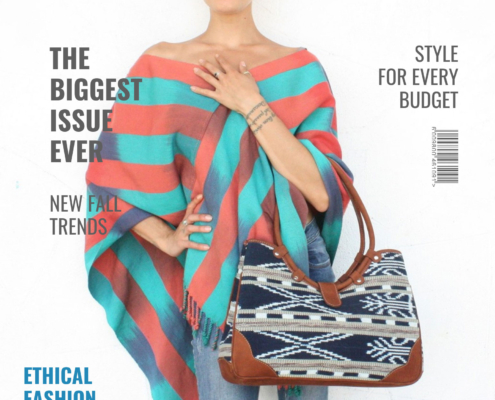 Ethical Fashion Guatemala
Ethical Fashion GuatemalaEthical Fashion Products
Guatemala Fashion is Ethical Fashion Guatemala home features Maya textiles characterized by bright, vivid colors and patterns. Supporting Women.
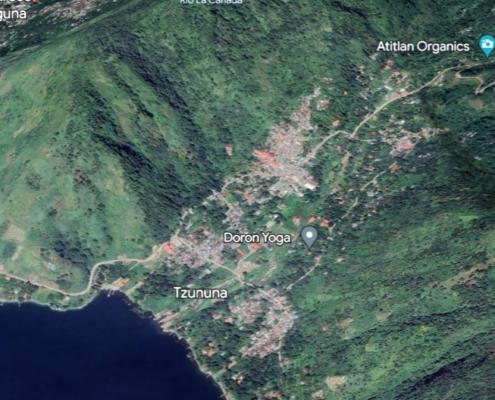 Ethical Fashion Guatemala
Ethical Fashion GuatemalaTzununa Lake Atitlan
Tzununa Lake Atitlan is another small village located on the shores of Lake Atitlan in Guatemala, just a short distance from Jaibalito.
It is known for its stunning views of the lake and surrounding volcanoes, as well as its laid-back and peaceful atmosphere.
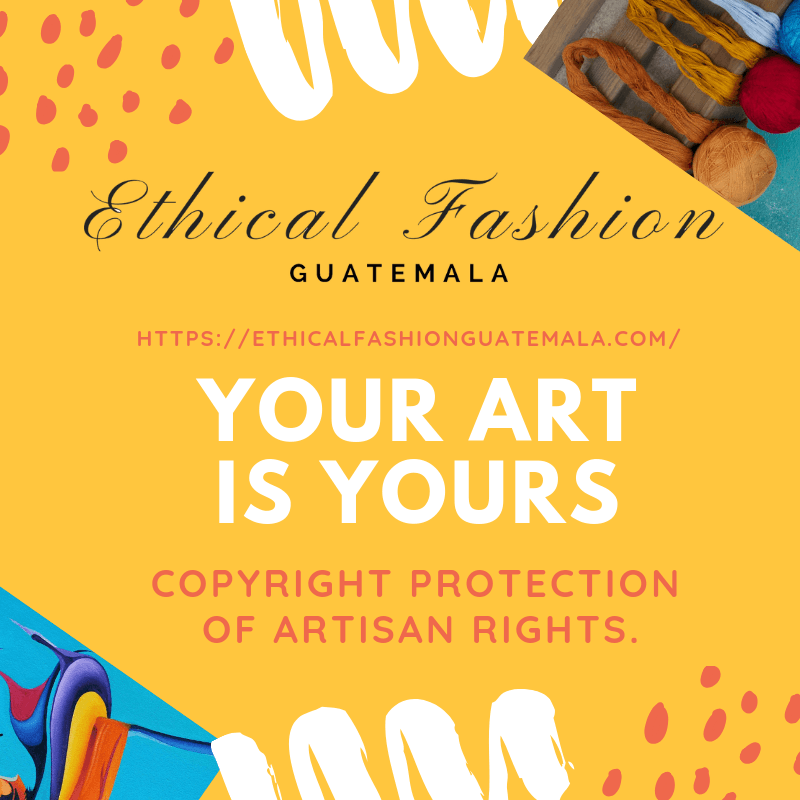 Ethical Fashion Guatemala
Ethical Fashion GuatemalaGuatemala Copyright Protection
Guatemala Copyright protection. As with any creative work, copyright protection is important for Ethical Fashion Guatemala to protect its designs, products, and intellectual property.
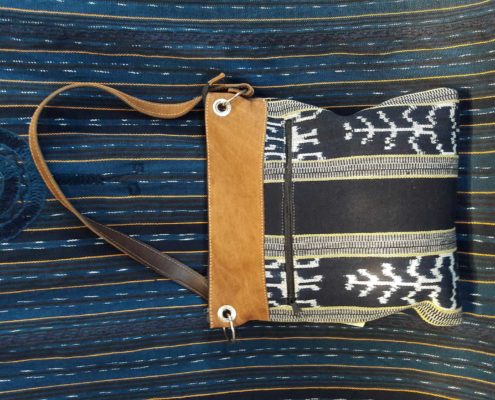 Ethical Fashion Guatemala
Ethical Fashion GuatemalaEthical Fashion Brand | Guatemala Textile Sourcing
We guarantee through this website Ethical Fashion Guatemala you are dealing directly with the Guatemalan Artisan who produced the unique products you have purchased. Or are considering Purchasing.
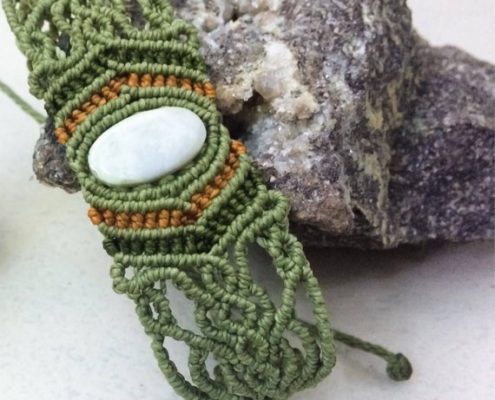
Guatemalan Hand Crafted Jewelry
Guatemalan Hand Crafted Jewelry Veva Artisan Jewelry began its journey 10 years ago, when I finished my university degree in Electric Engineering and started working as a telecommunication engineer in a company back in Guatemala.
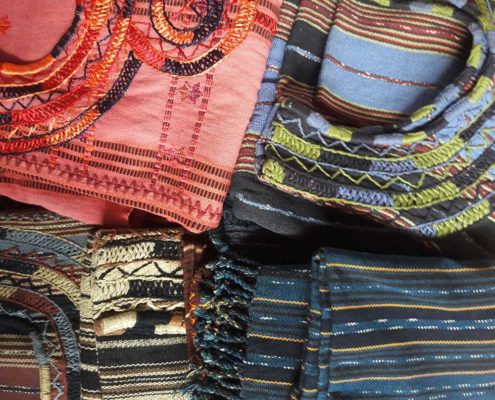
I wonder who made my Ethical Clothing?
Before Ethical Fashion became the marketing term to use for selling handmade products. Few on-line websites selling handmade products ever use this term. Handmade, Organic and Sustainable were the marketing terms of choice to influence consumers in these Niche products.
